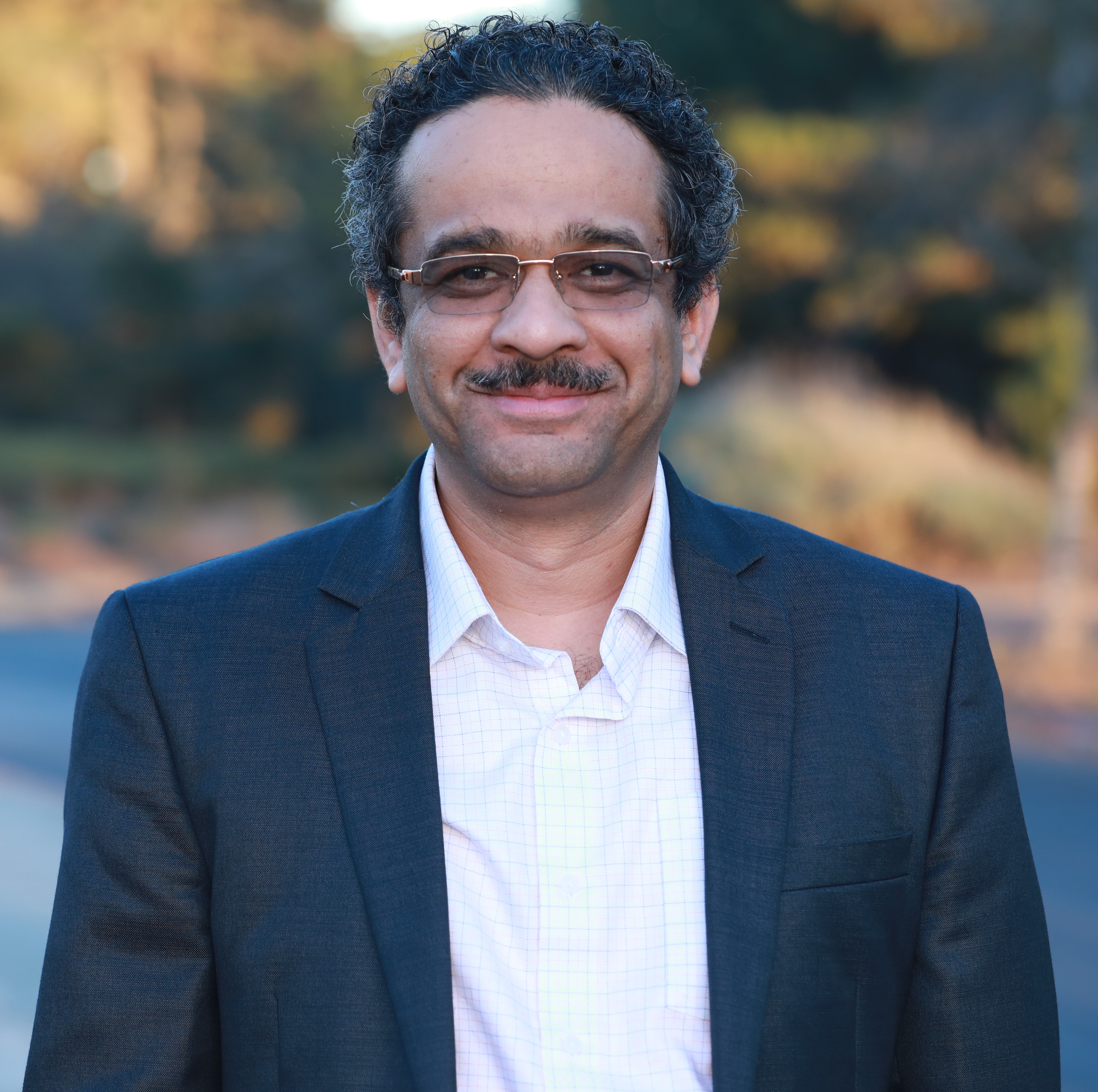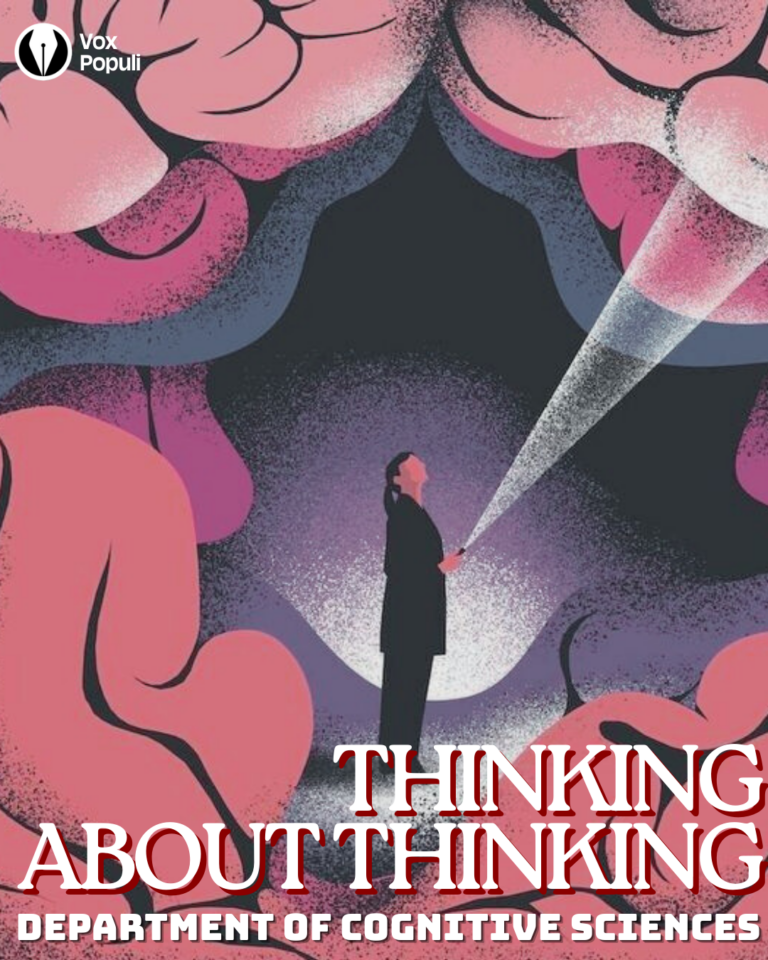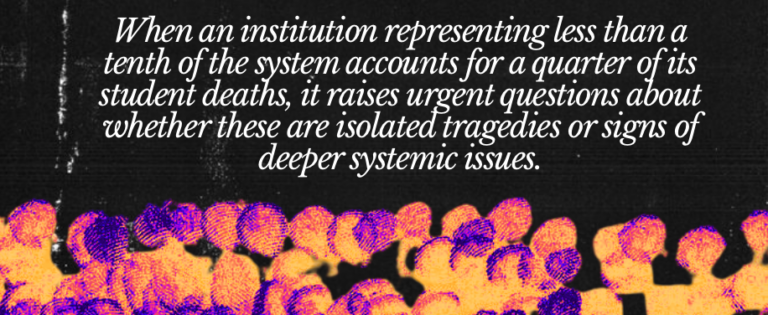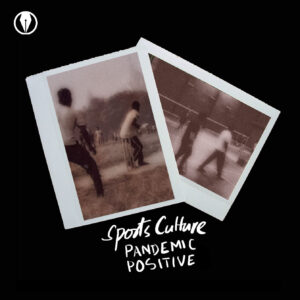Prof. Yogesh Joshi, from the Department of Chemical Engineering at IIT Kanpur, has recently been chosen for the prestigious Academy Excellence Award of the Defense Research and Development Organization. He is presently serving as the Dean of International Relations and Pandit Girish & Sushma Rani Pathak Chair Professor. With his 17 years of service at IIT Kanpur, Dr Joshi has made significant contributions in his field of research and expertise. He is an elected fellow of the Indian National Academy of Engineering and has a number of awards and honours to his name. He was graced with the Shanti Swarup Bhatnagar Award in Engineering Sciences for his pioneering scientific research work.
In the following excerpts, Prof. Joshi talks about his journey as a part of the institute, shares experiences from his research career and opines the situation and scope of modern-day undergraduate research interests.
You have been recently chosen for the prestigious Academy Excellence Award of Defence Research and Development Organization. Can you detail us on it and provide some bits of your concerning work?
I cannot detail my DRDO related work given the confidentiality, but I’d like to briefly talk about both experimental and theoretical work undertaken in my field of research.
The thrust of my work is on a topic called ‘Soft Matter’, which, in a very crude language can be defined as a material with modulus less than 1 MPa. Several liquids with significantly high viscosity to soft solids fall under this domain and can be seen in our day-to-day lives as well as in industry. More specifically, I work in the field of ‘Rheology’, wherein essentially the deformation and the flow dynamics of soft materials is studied. Besides practising the fundamental work, we have also been in close association with several agrochemical, petroleum, home-care and personal-care industries for at least 10 years now.
What were your initial goals and expectations at the start of your research career? How has your experience been since then? What has been the most rewarding aspect of your academic career?
While being in an institute like IIT Kanpur, teaching has always been the most rewarding experience for me. One thing which I have immensely enjoyed in the last 17 years is to teach subjects like Thermodynamics, Fluid Mechanics and Rheology.
Basically, when it comes to teaching, any subject which has a strong mathematical basis tends to attract me. I also like to bring out the mathematical richness of a particular subject, primarily because it simplifies the concepts even more. Besides, getting involved in research and publishing papers, mentoring the Masters and PhD students has been an important aspect of a faculty’s career.
I did my PhD from IIT Bombay in 2001, and for 3 years I was in New York as a Postdoc. After that, when I was planning to come back to India, my Postdoc advisor suggested, “If you are going back to India, the best place is IIT Kanpur.” Since 2004, I have enjoyed being here and IIT Kanpur is indeed worth it!
You have been a part of IIT Kanpur for 17 years as a faculty member. How has been your experience as a professor? Do you draw out an influence of your teaching in your research work?
I have met very hard-working and dedicated colleagues in the institute who have been a constant source of inspiration for the last 17 years of my work. Seeing them progress through publishing notable papers and making strides in their field of work has motivated me to propel myself forward through these years. The PhD students have contributed a lot to my research work and have been amazing to work with, besides the undergraduate students whose curiosity and dedication have never stopped astonishing me!
I would say, and I believe that excellence is valued at IITK and this place has been nothing short of heaven for me throughout these years.
How do you think the research facilities of the institute have developed and changed over the time period that you have been here?
From the early 2000s, this place has changed so much and for the better. The research facilities and the infrastructure is second to none. And whatever the rankings may say, IIT Kanpur has an excellent environment for the growth of a faculty and any student.
A thing I have often heard of is that IIT Kanpur is more exacting than other IITs, which according to me is definitely an asset and not a liability.
There is a general myth around research that it is not as rewarding as the corporate world and many students tend to deviate from it thereby, what is your say on this?
Academia is a totally different ball game than the corporate world, in fact, both are disparate at their very essence. Some may want to solve industry-level problems in two ways, either by doing corporate research or by indulging in academia. Both the options have their perks and pitfalls, so we can’t conclude whether one is superior to the other. While the industry may give you a higher salary, academia, on the other hand, will give you the option to dictate your research problems.
In academia, “you are your own boss” and you have to make a choice about what you want to do, irrespective of whether someone likes it or not.
How are you coping with your research and teaching strategies in current times, given the limited resources and no real interaction with the students?
While several problems remain tacit in these challenging times; for me, giving online lectures poses a considerable hindrance. While recording lectures, I make it a point to make sure that my PhD students attend them, since there is nothing more dispiriting than simply speaking in front of an empty screen. As for the postgraduate students working with me, I give them theoretical problems, given the present resources constraints. Although this gets significantly abstract, since not all students can proficiently analyse and explore those experimental domains through theoretical fronts, in the present times, we are left with no other option.
You’ve been a visiting professor at numerous institutes over the years; so according to you, what are some aspects where we differ from other institutions on research fronts or have a scope of improvement?
From what I believe in, IIT Kanpur has its own strengths and downsides. While we have a splendid infrastructure and creditable quality of education, we do lack on certain fronts. As a matter of fact, it is generally deemed that the research output of the western universities is far better when compared to the Indian ones. This output is an essential consequence of everyone’s share of work, and it is the hard work component we lack upon.
In the American system, the faculty is taken to an absolute task, i.e. to be confirmed in their job position, they are expected to complete a set of predefined tasks. Other western countries follow the tenure system. This system evaluates the newly recruited and existing faculty members through assessments and impels them to work rigorously throughout their careers.
On average, the postgraduate students abroad are significantly more hardworking than what we find in India. I do feel that Indian academia is not on par with other globally adopted systems, and there certainly lies a scope of improvement. At every juncture, students and faculty members have to improve their work ethics to curb the qualitative difference which stands stark today.
To be successful in academia, you need three things – hard work, hard work and hard work. I believe everyone has more or less similar intellectual capacity, hard work is something that differentiates you from the rest. Even if you are the finest brain, without working righteously, you may end up doing nothing productive in life.
It is quite recent that you’ve become the senior editor of Langmuir – an acclaimed publication of the American Chemical Society. How has your experience been as a part of it?
I consider myself fortunate to be on the Editorial Board of Langmuir. Being the youngest person on board, at times, I do not consider myself to be as worthy as other senior colleagues. It’s a prestigious responsibility and I have to deal with the best possible research papers from anywhere in the world. But from a realistic perspective, it is an honorary job and a greatly learnable experience to cherish for years to come.
In research, there can be days at a stretch when you don’t find something worthwhile and it requires constant patience at one’s end. How did you tackle those days and what keeps you motivated to work during those hours?
There are two aspects of research work – several times we indulge in focused research where the problem is well studied theoretically, and we know about significant parts of the domain. However, for other nebulous fronts of it, the work is focused enough to yield results from the researcher’s end. This is unlike other kinds of research, where one is exploring a field from the start, with a fair chance of failure.
While doing experimental research, one has to be very patient. Getting the results just once is not sufficient; you must have reproducibility of it. This might be coupled with any possible forthcoming difficulty. There can be instances when the instruments may give up and stop working altogether, and one needs to wait to resume the work on the same.
As an experienced faculty member, I am well aware of these aspects, but this can be highly demoralizing for the one who is just beginning a career. Thus we tend to occupy students with both difficult and simple problems so that if something fails, then there is always another thing to look forward to.
As a PhD fellow, you need to have your work done on some good sets of problems. But if you happen to stumble in your project, this often brings discouragement and loss of interest. So as a professor, you need to be in close and continuous contact with the students and guide them through thick and thin.
When one doesn’t succeed, it is not a personal loss, it’s a team loss.
A successful PhD is not about the number of papers you’ve come up with. It is essentially about how successfully you’ve trained yourself in a particular field. That makes the entire difference. Independent thinking, good writing abilities and problem analyzing skills are all part and parcel of doing a PhD and count for success.
How would you comment on the undergraduate research interests in the institute? A number of students have fair research interests but they lack in settling with a decision on whether to pursue it. What do you say about it?
Talking of undergraduate research interests, I believe that if a number of students aren’t enthusiastic to pursue it, then they aren’t the ones solely accountable. Instead, it is a failure on our part as well, for the inefficacy in keeping up with student’s interest in the research environment.
I also feel that students must have a more disciplined life during their academically focused phases. They should be working all over the year and not during the onset of exams. Reading, playing sports and good utilization of time should be practised wisely.
At the end of the day, it’s their life and they are the ones responsible for the decisions they make.
With several coveted awards, fellowships and experience in hand, what are some of the greatest takeaways which you have had from your journey? What would be your advice to the students who want to develop a career in the same?
For any career, one must be prepared to do hard work. One should be observant, possess an inquisitive nature and believe in things only after reasoning them rationally. Blind faith is one of the poisons of research. The practice of reading extensively and developing good writing skills goes a long way.
One should manage time well and be surrounded with good company; set vivid goals and have the conviction that you have taken birth to do great things in life.
In the words of Swami Vivekananda,
“All the power is within you. You can do anything.“
Interview and Writing – Atharva Dehadraya, Dev Barbhaya, Ishita Agarwal, Lavanya Ingle
Editing – Astha Pant










